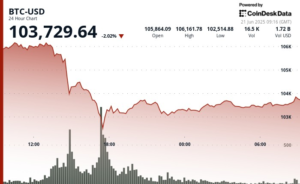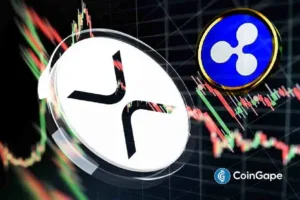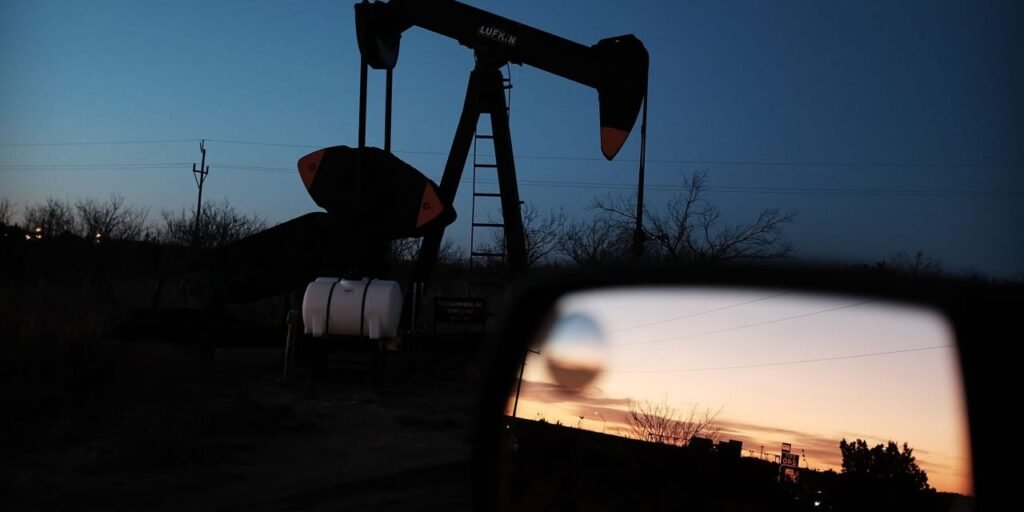Oil futures edged higher Tuesday, looking to notch a second gain in a row and holding ground at their highest price in about two weeks as attacks on ships in the Red Sea stoked worries over potential supply disruptions.
Price action
-
West Texas Intermediate crude for January delivery
CL.1,
+1.45% CLF24,
+1.45%
was up 51 cents, or 0.7%, at $72.98 a barrel on the New York Mercantile Exchange on the contract’s expiration day, holding ground at the highest since Dec. 4. February WTI crude
CLG24,
+1.43% ,
which will become the front month at the end of the session, added 52 cents, or 0.7%, to $73.34. -
February Brent crude
BRN00,
+1.48% BRNG24,
+1.48% ,
the global benchmark, rose 96 cents, or 1.2%, to $78.91 a barrel on ICE Futures Europe. -
January gasoline
RBF24,
+1.13%
tacked on 0.9% to $2.1773 a gallon, while January heating oil
HOF24,
+1.44%
climbed 1% to $2.6999 a gallon. -
Natural gas for January delivery
NGF24,
-3.36%
traded at $2.399 per million British thermal units, down 4.2%.
Market drivers
Brent and WTI crude held ground at their highest levels in about two weeks, with the latest support prices tied to news that oil major BP PLC
BP,
BP,
said it was temporarily suspending shipments through the Red Sea.
“The escalation in geopolitical risks, manifested in regular hostile acts towards merchant ships in the Red Sea by Houthi rebels, undoubtedly plays a role in the short to medium-term rise in oil prices,” said Rania Gule Market Analyst at XS.com, in emailed commentary.
Read The Year Ahead: Why oil may not see a return to $100 a barrel in 2024
Several shipping companies had previously announced they would pause shipments due to a series of drone and missile attacks by Houthi rebels, who largely control Yemen, since the start of the Israel-Hamas war.
Read more: Attacks in the Red Sea add to global shipping woes
“As the holiday season approaches, a stable outcome for the region looks elusive,” said Stephen Innes, managing partner at SPI Asset Management, in market commentary. “The longer the war in Gaza rages on, the escalating humanitarian crisis may intensify political pressure on various actors, potentially leading to an expansion of the conflict.”
““The longer the war in Gaza rages on, the escalating humanitarian crisis may intensify political pressure on various actors, potentially leading to an expansion of the conflict.” ”
And “in the midst of rocket attacks and bombings, the fog of war increases the likelihood of unpredictable events and significant miscalculations, potentially resulting in further escalation,” said Innes.
Crude prices had risen modestly after the Oct. 7 Hamas attack on southern Israel on fears of a wider conflict, but soon gave up those gains to trade at roughly six-month lows early last week before seeing a modest bounce.
Read the full article here










